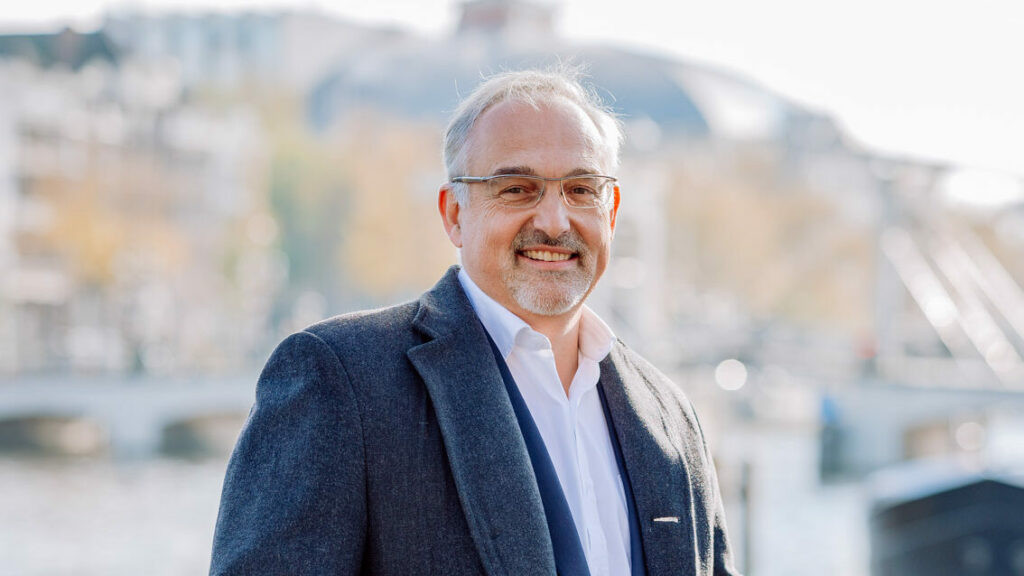Transition goals to net zero should be more concrete
The number of emission trading and carbon tax schemes is increasing on all continents, internationally, nationally and locally. According to Véronique Ormezzano, Head of Group Prudential Affairs at BNP Paribas, steps are being taken, but the path to net zero (CO₂ neutral or climate neutral) still lacks concrete targets per country and per sector.
To achieve the objectives of the European Green Deal, companies in the European Union have been obligated to report on their activities based on the European taxonomy since January 2022. This allows companies to declare what percentage of their activities is in accordance with the European taxonomy. In turn, the SFDR Regulation requires financial institutions to report to clients on the sustainability of their investment products.
However, data availability remains problematic. The CSRD directive, which requires companies with more than 250 employees to report ESG-related data, should come into effect in 2023. This directive provides a framework for comparing non-financial data, treating these data in the same manner as financial data: it must comply with standards set by EFRAG and verified by a recognized third party.

This will help asset managers, private banks, pension funds and private and institutional investors to make better decisions on the extent to which they invest in truly sustainable activities. These are good steps towards a consistent approach. Pieter de Marez Oyens, Co-Head of Global Product Strategy at BNP Paribas Asset Management, explains that asset managers have a clear role to play in guiding private and institutional investors to align their portfolios with their climate ambitions. By integrating net zero targets, BNP Paribas Asset Management can develop specific investment propositions that accelerate the energy transition.

BNP Paribas Nederland CEO Geert Lippens explains why more concrete targets per sector are needed: “We see a clear shift in the role that banks play: from simple product supplier to trusted advisor. We want to encourage clients to invest in reducing their emissions, but the expertise to do this effectively resides with the companies themselves. As a bank, we have a more facilitating role, constantly making the trade-off between supporting customers and encouraging them to change. By formulating more concrete transition objectives per sector, we can provide more targeted advice. Therefore, we have now set up a special 250 expert team: the low carbon transition group.”